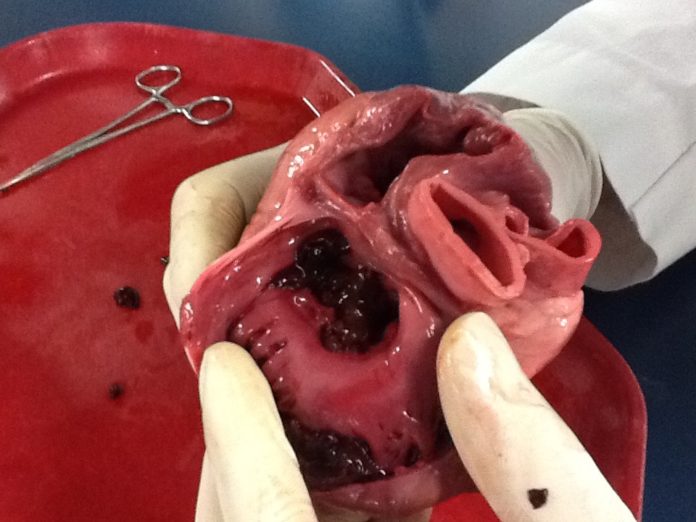Mobile health devices may enable early AF detection through the use of photoplethysmography (PPG) technology
A new study, presented as ‘Late Breaking Science’ at the European Society of Cardiology (ESC) annual congress and published in the Journal of the American College of Cardiology, highlights the feasible use of mobile health (mHealth) devices to help with the screening and detection of a common heart condition called atrial fibrillation (AF).
Atrial fibrillation (AF) is a heart rhythm condition that causes an irregular and sometimes, abnormally fast heart rate. In AF, the heart’s upper chambers (atria) contract randomly and sometimes so fast that the heart muscle cannot relax properly between contractions. This leads to a higher risk of blood clots.
AF is the most common heart rhythm disturbance worldwide. People with AF are at increased risk of having a stroke and dying, as well as heart failure and dementia.
“Based on our present study, continuous home-monitoring with smart device based PPG technology could be a feasible, cost-effective approach for AF screening. There were 95% patients following entry into a programme of integrated AF care
Currently, low detection due to lack of visible symptoms and nonadherence are major problems in current management approaches for patients with suspected AF.
Mobile Health devices, such as fitness trackers, smart watches and mobile phones, may enable earlier AF detection, and improved AF management through the use of photoplethysmography (PPG) technology.
PPG is a simple and low-cost optical technique that can be used to detect blood volume changes in the microvascular bed of tissue. It is often used non-invasively to make measurements at the skin surface.
AF screening was performed in 187,912 participants with smart devices like wristbands or watches using PPG technology aged over 18 years across China for approximately seven months (October 26, 2018 to May 20, 2019).
During this time 424 (0.23%) of the individuals received a ‘suspected AF’ notification. Of those 227 (87%) were confirmed as having AF by health providers and other secondary examinations. These patients were provided with therapy and successfully anticoagulated.
“Based on our present study, continuous home-monitoring with smart device based PPG technology could be a feasible, cost-effective approach for AF screening. There were 95% patients following entry into a programme of integrated AF care, and approximately 80% of high risk patients were successfully anticoagulated. This would help efforts at screening and detection of AF, as well as early interventions to reduce stroke and other AF-related complications,” said lead author and associate Professor Guo from Chinese PLA General Hospital in Beijing.


